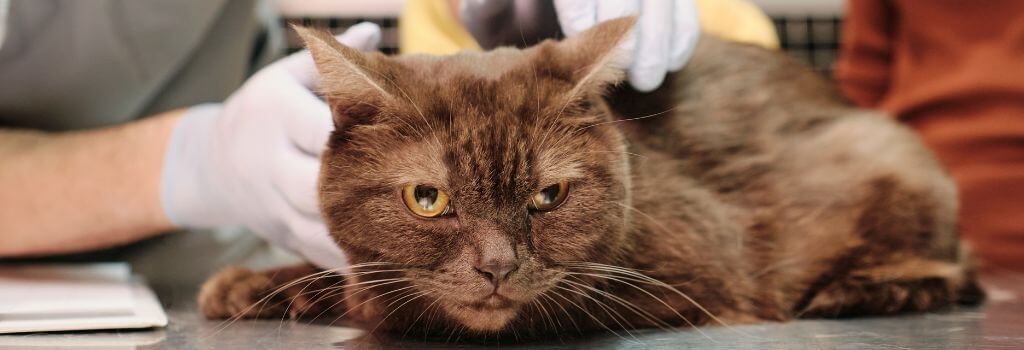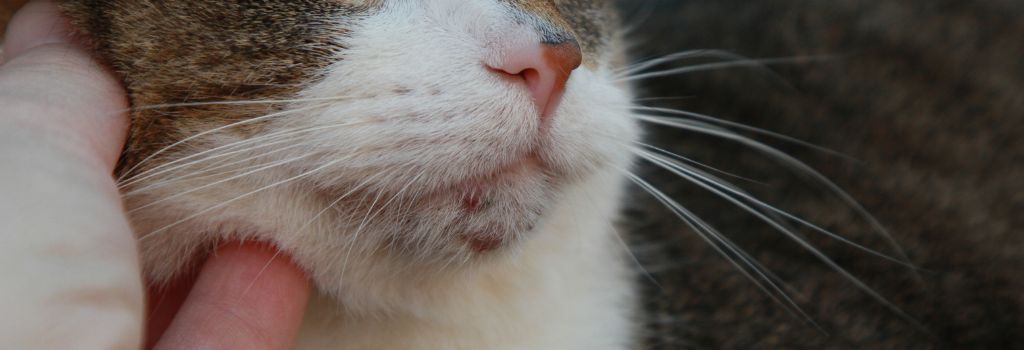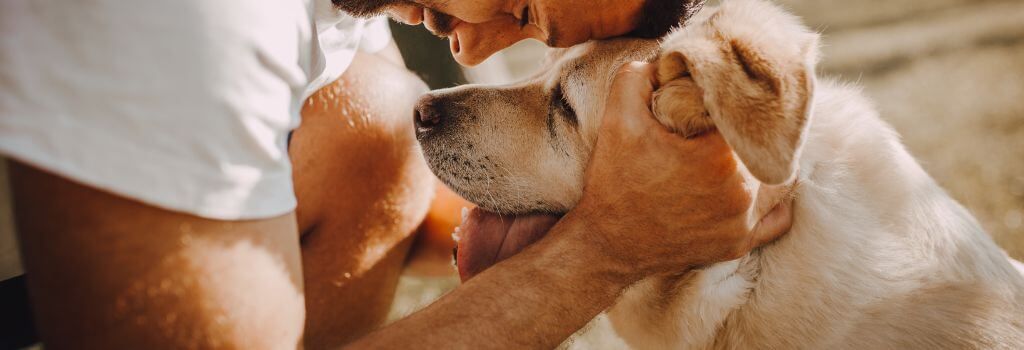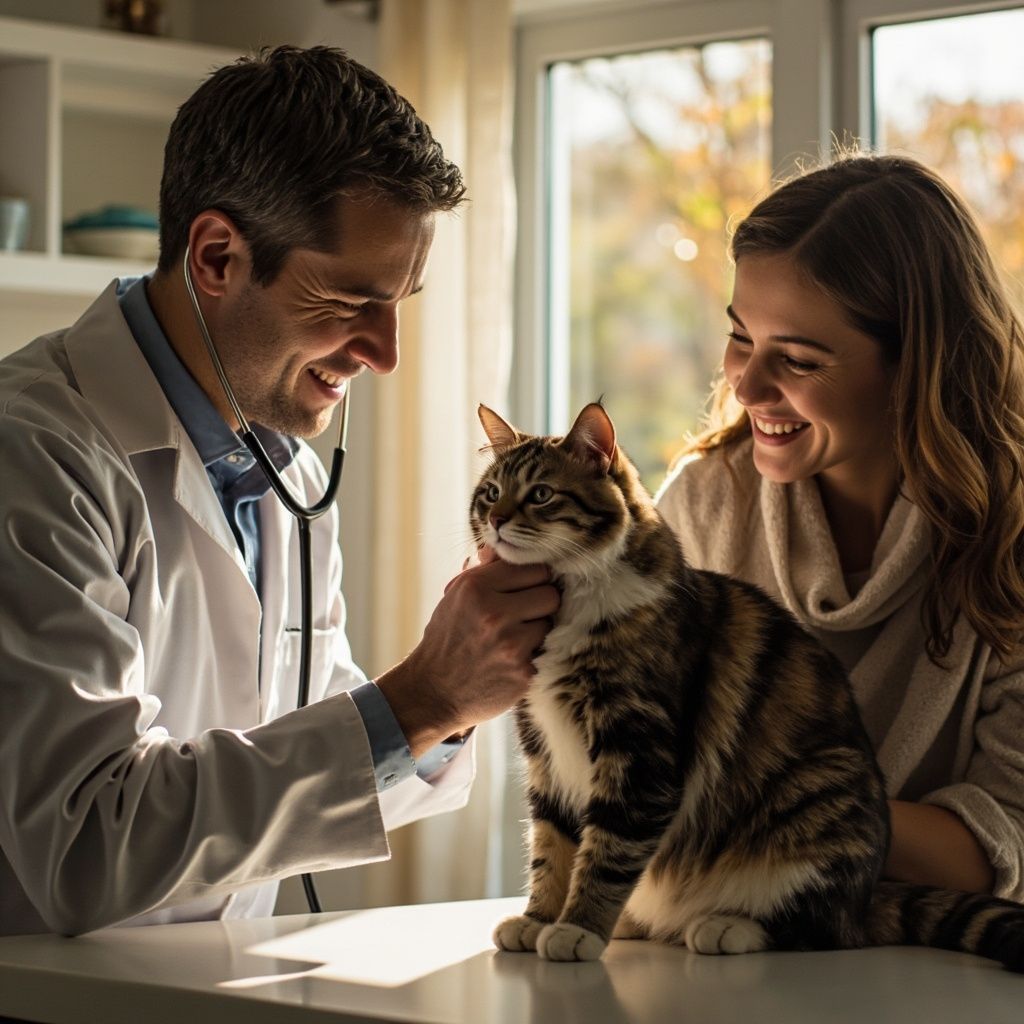9 Health Tips Every Dog Owner Should Know on National Dog Day
As we celebrate National Dog Day , it’s a perfect time to reflect on the joy and companionship our canine friends bring to our lives. As veterinarians, we’re passionate about ensuring our loyal companions lead healthy, happy lives. In honor of this special day, we’ve compiled our top 9 health tips that every dog owner should know. These insights will help you provide the best care for your furry family member — not just today, but every day.
1. Schedule Regular Veterinary Checkups
Like you see your doctor for a yearly physical, your dog needs regular veterinary checkups. Preventive care is the foundation of good overall health, and routine veterinary visits are essential for catching potential issues early.
We recommend bringing your adult dog in for a checkup at least once a year, while puppies, seniors, and those with chronic conditions may need more frequent visits. During these checkups, we’ll perform a thorough physical examination, update vaccinations, and discuss any concerns you might have.
These visits also allow us to track your dog’s growth, weight, and overall health. Remember, your dog can’t tell you when something’s wrong, but these regular checkups can help us spot subtle changes that might indicate a developing health issue.
2. Fuel Your Dog’s Health with Proper Nutrition
Nutrition is the foundation of good health, and feeding your dog a balanced, appropriate diet is one of the most important things you can do for their well-being. Every dog is an individual, and their nutritional needs vary based on age, size, breed, and activity level.
Puppies need diets rich in proteins and calories to support growth, while senior dogs may benefit from lower-calorie foods with added joint support. Always choose high-quality dog food that meets AAFCO (Association of American Feed Control Officials) standards.
Be cautious about overfeeding. Obesity is a growing problem in pets and leads to numerous health issues. Use feeding guidelines on the package to start, but adjust based on your dog’s body condition and energy needs. And remember, treats should make up no more than 10% of your dog’s daily caloric intake.
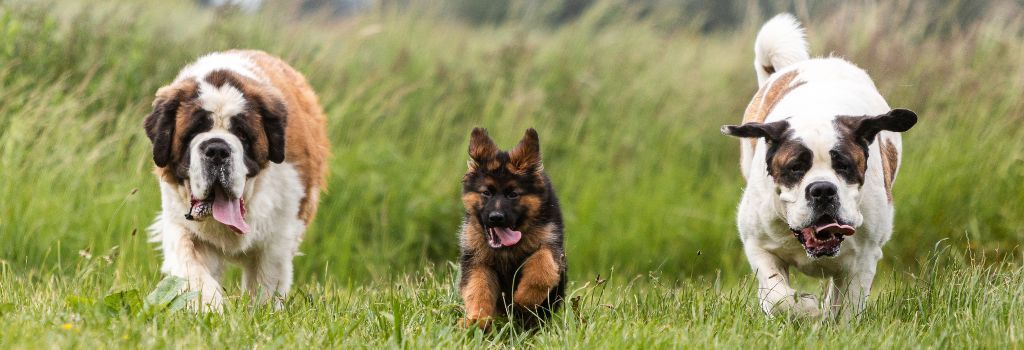
3. Keep Their Tail Wagging with Daily Exercise
Regular physical activity is imperative for maintaining your dog’s physical and mental health. Exercise helps maintain proper weight, improves cardiovascular health, and can even help reduce behavioral problems.
The amount and type of exercise your dog needs depends on their breed, age, and health status. A young Border Collie will require much more intense exercise than a senior Bulldog. Generally, most dogs should get at least 30 minutes to 2 hours of daily activity.
4. Don’t Neglect Dental Care
Dog dental care is often overlooked, but it’s a crucial part of their overall well-being. Poor dental hygiene causes gum disease, pain, and tooth loss. It can even contribute to liver, heart, and kidney problems.
Ideally, you should brush your dog’s teeth daily or at least several times a week. If your dog won’t tolerate brushing, other options like dental chews, water additives, and special diets can help maintain oral health.
Even with good home care, dogs benefit from professional dental cleanings. During these procedures, your dog’s veterinarian can thoroughly clean below the gum line and identify issues that may not be visible to the naked eye.
5. Prevent Parasites
Parasites like fleas, ticks, heartworms, and intestinal worms cause serious health problems for your dog. The good news is that these are largely preventable with proper care.
< We recommend year-round parasite prevention , even if you think some parasites might not be active in colder months. Many safe and effective products, from topical treatments to oral medications, are available.
Watch for signs of parasite infestation, like:
- Scratching
- Visible fleas or ticks
- Changes in appetite
- Lethargy/decreased energy
- Vomiting
- Diarrhea
- Pot bellied appearance in puppies
- Worms in stool
If you notice any of these signs, contact your veterinarian promptly.
6. Shield Your Canine Companion with Vaccinations
Vaccinations safeguard your dog against serious and potentially fatal diseases. Core vaccines, which all dogs require , typically include those for rabies, distemper, parvovirus, and canine hepatitis.
Your dog may need noncore vaccines based on their lifestyle and risk factors. These might include vaccines for Bordetella (kennel cough), Lyme disease, or canine influenza.
Puppies require a series of vaccines to build their immunity, followed by regular boosters throughout their life. Your veterinarian will help you determine a vaccination schedule for your dog based on their age, health status, and risk factors.
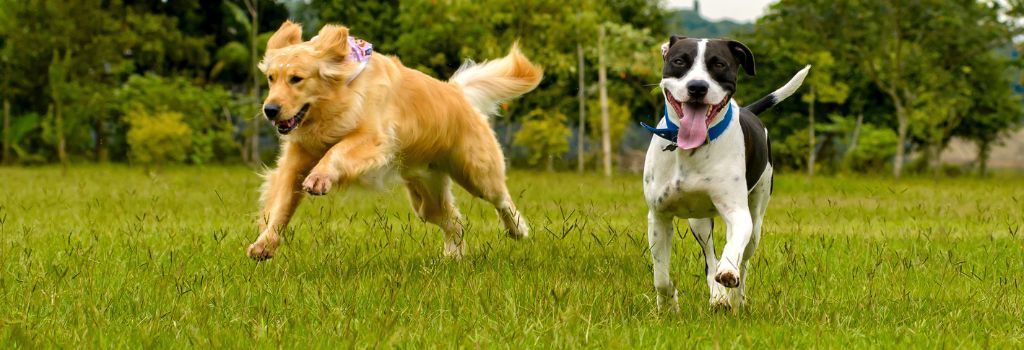
7. Exercise Their Mind
Mental stimulation is as important to your canine companion’s overall well-being as physical exercise. Puzzle and treat-dispensing toys are great ways to keep your dog’s mind active. They are especially useful for dogs who are left alone for extended periods or those with limited mobility.
Training sessions, even just a few minutes a day, provide excellent mental stimulation, too. Teaching new tricks or reinforcing known commands keeps your dog’s mind sharp while strengthening your bond.
Socialization is another crucial aspect of mental health. Expose your dog to various people, animals, and environments, especially during puppyhood, to help them become well-adjusted adults.
8. Make Grooming a Priority
Grooming isn’t just about keeping your canine companion looking their best. It’s also an important part of keeping them feeling their best. Check out the 5 grooming things you should check on your dog every month ! Brushing distributes natural oils through the coat, removes dead hair and skin, and gives you a chance to check for abnormalities like lumps, bumps, or areas of irritation.
How often your dog requires bathing depends on their coat type and lifestyle, but be careful to avoid bathing too frequently, as this can strip the natural oils from their skin. Use a shampoo formulated for dogs, as human products can disrupt the pH balance of their skin.
Don’t forget about nail care. If you hear your dog’s claws clicking on the floor, it’s time for a trim. Long nails cause discomfort and can even lead to skeletal issues over time. Pay attention to your dog’s paw pads, too. Check regularly for cuts, cracks, or foreign objects, and consider using paw balm in extreme weather conditions.
9. Know When to Seek Immediate Care
While we hope you’ll never need this information, it’s crucial to recognize signs that your dog needs immediate medical attention.
Some situations that warrant an emergency vet visit include:
- Difficulty breathing
- Severe bleeding or trauma
- Suspected poisoning
- Seizures
- Severe vomiting or diarrhea, especially if accompanied by lethargy or pain
- Inability to urinate
- Collapse or loss of consciousness
In these situations, every minute counts. Knowing the location and contact information for your nearest emergency veterinary clinic before you need it is a good idea.
Celebrating National Dog Day Through Better Health Practices
As we celebrate National Dog Day, remember that the best way to honor our canine companions is by providing them with the best possible care. These health tips are not just for today. They’re practices that can enhance your dog’s quality of life every day of the year.
Remember, your veterinary team is always here to support you and your furry friend. We’re partners in your dog’s health care, so don’t hesitate to schedule an appointment with us. Here’s to many more happy, healthy National Dog Days to come!
If you have questions and you'd like to reach out to us, you can call us directly at (859) 625-5678 , or you can email us at aacrichmond@yahoo.com. Don't forget to follow us on social media Facebook , Instagram.
Recent Posts

